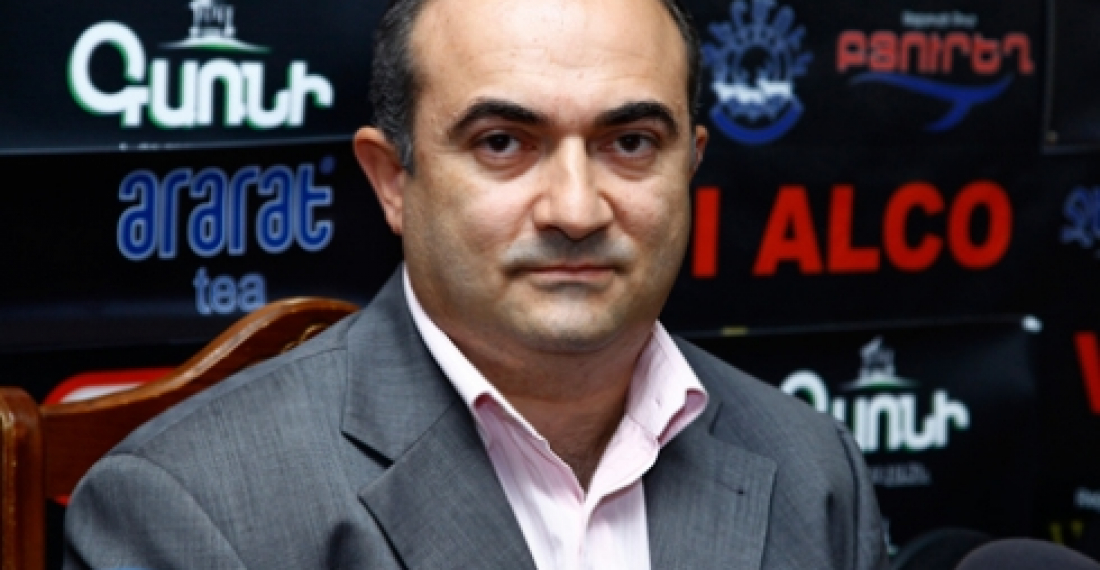Regardless of who wins next Sunday's Armenian Parliamentary elections it is certain that amongst the newly elected MPs are going to be some new faces that represent a new generation of Armenian politicians that has less connections with business and more with social movements.
Whilst all parties have tried to tone down the presence of oligarchs in their midst, perhaps the Heritage Party went furthest in its quest to connect with Armenia's thriving NGO sector, by including a number of "non partisan" NGO personalities in the top ten candiudates on its proportional list.
No 6 on the Heritage list is Tevan Poghosyan who for the last decade has headed the International Centre for Human Development in Yerevan, a prominent Yerevan based think-tank. Poghosyan has also been involved over the years in many processes related to civil society dialogue on the Karabakh conflict. His approach has traditionally been a mix of healthy cynicism and positive engagement.
Another candidate is the Chairman of “World without barriers” NGO, Arman Mushegyan, who is the 10th in “Heritage” list. He told Mediamax News Agency that if elected he will focus on the problems of disabled people “who must become full members of our society.”
Heritage's gamble in giving NGO leaders places on its election list may pay off. The party has a good chance of passing the 5% threshold to enter parliament and the presence of NGO leaders on its list has improved the Party's credibility
The inclusion of Vartan Oskanian, Armenia's former foreign minister on the list of Prosperous Armenia, and of Levon Martirossian on the list of the Republican Party, as well as others, introduces a number of political heavyweights that will contribute significantly to the new legislature, assuming that they are not moved immediately to executive positions.
All in all, regardless of who wins on Sunday, it is likely that the new Armenian parliament will be more diverse and qualified than has been the case, at least in recent legislatures.
source: commonspace.eu
photo: Heritage Candidate Tevan Poghosyan (picture courtesy of PanArmenian)







